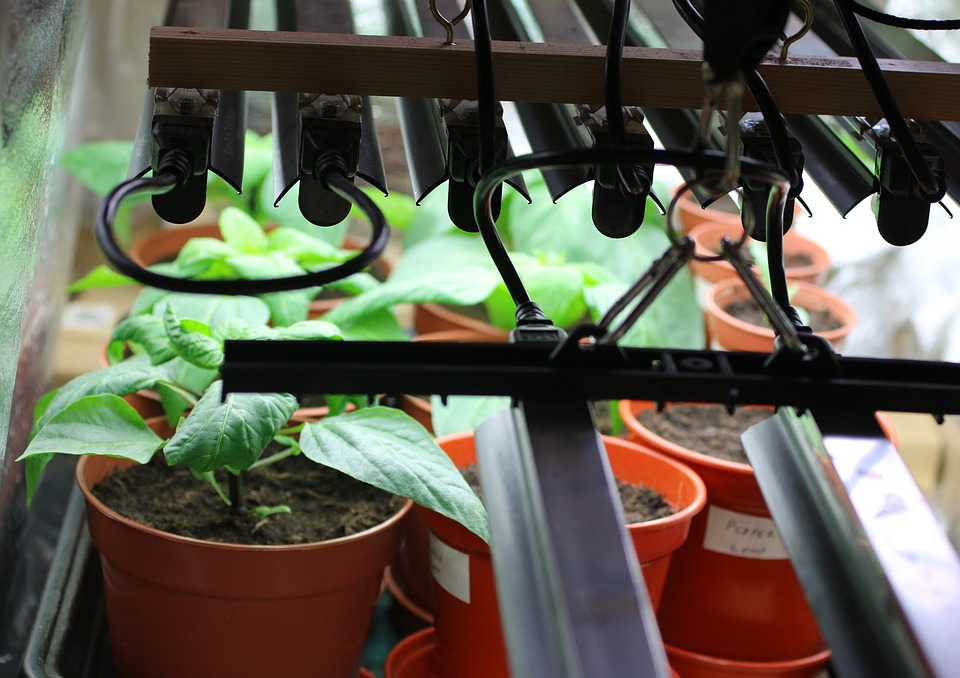It seems a little unusual how something of natural plant or biological origin would require certification.
Certified organic Soil? You must be kidding me!
Isn’t the fact that you’re using organic elements enough the dispel any rumours that your vegetable products may be contaminated?
Sort of like a “tartazine free” tag on beverages giving consumers the go ahead to go crazy. But when you’re a commercial grower who targets the foreign market, lack of certification may be the difference between profit and loss.
The Threat Of GMO’s & Agricultural Commercialization
With the extensive use of chemical pesticides and fertilizers in modern agriculture, the trend towards processed foods grown on the back of genetically modified seeds has somewhat increased. So it isn’t hard to see why anyone wouldn’t want to eat vegetables grown from such residual soils because of the threat of contamination and harmful genetic alteration.
Steer Clear
But be careful not to fall into the trap of labels as they’re only meant to take advantage of the present demand for clean vegetables and fruits. For there is no way of knowing, since all soil looks the same.









